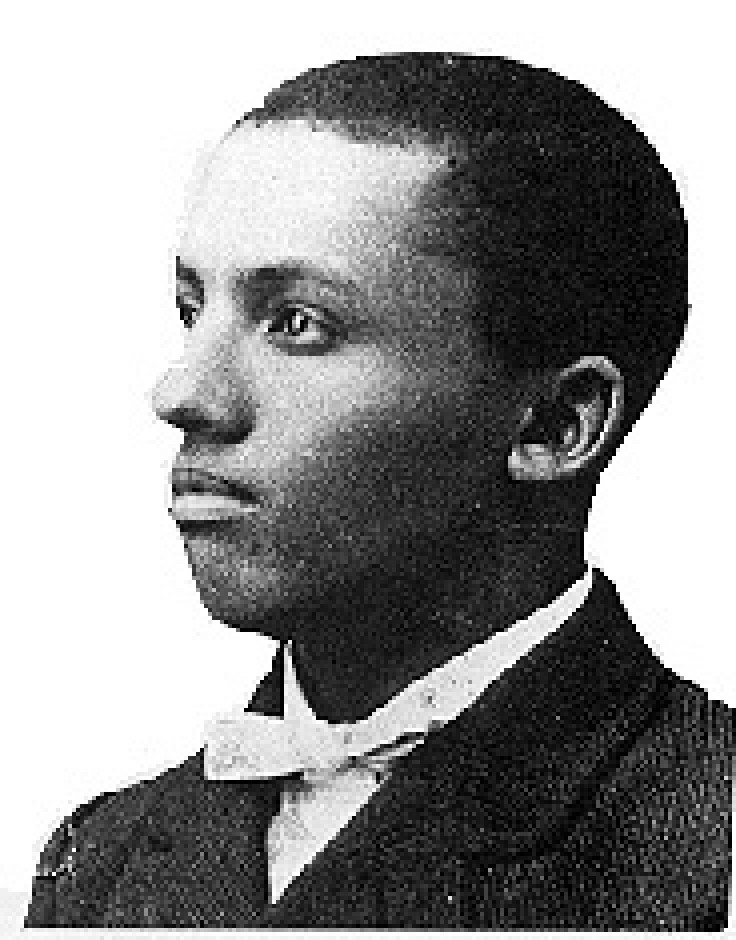Should Black History Month be Abolished?

Black History Month (BHM) is not unanimously acclaimed as a needed celebration of black people's history and culture.
Many African-Americans think that this 4-week-long remembrance leads to the unwanted, opposite effect of forgetting black people's heritage and contributions during the remaining eleven months of the year.
Actor Morgan Freeman defined BHM as "ridiculous".
"You are going to relegate my history to a month?", an angry Freeman asked during an interviewn with Sixty Minutes.
"Black history is American history," Freeman continued and then added that people will get rid of racism only if they "stop talking about it."
African-American filmmaker Shukree Tilghman, in collaboration with PBS, produced "More than a Month," a provocative film about whether BHM is needed or not.
"I hope as a country, we can imagine an America where Black History Month isn't necessary [...]Watching how folks were treated during Hurricane Katrina and listening to pundits refer to those victims as refugees intensified that notion. I thought that this ideal of 'other' is reinforced in society by things like Black History Month," Tilghman said in an interview.
On the other hand, many other people stress the importance of keeping BHM. For example, a woman interviewed in "More than a month" said: "I feel it is empowering, because this is the only time when we get to speak".
Another interviewee was of the same opinion: "You come from a predominantly white institution, you just come from a regular public school; you don't learn anything about it [BHM] until that month, and then everybody starts talking about it."
According to culture blogger Aisha Harris, rather than pushing to end BHM, people should try to fix it: "One of the reasons Black History Month exists in the first place is because black Americans have long been a marginalised group. It's certainly worthwhile to remind today's kids [...] of past and present injustices, especially those that are rarely discussed."
The importance of remembering someone's roots is undeniable; especially when it comes to people who have suffered slavery and deprivation of basic human rights for centuries.
Establishing equality between black and white people and eradicating discrimination, intolerance and hatred are objectives that, still today, have failed to be achieved. But can injustice and racism be eliminated by the existence of a month dedicated to the celebration of black people's history?
Probably not, as is it not during one month in a year that racism is eradicated from people's minds.
The process of elimination of injustices against black people is a day-to-day mission, not an yearly event that everybody will forget once the next month arrives.
Africans have been living in America and Britain for generations; as much as their cultural and historical identities as well as values must be protected, they should also be fully integrated in the American and British traditions, instead of constantly being singled out as components of an alien history still impossible to assimilate.
© Copyright IBTimes 2024. All rights reserved.






